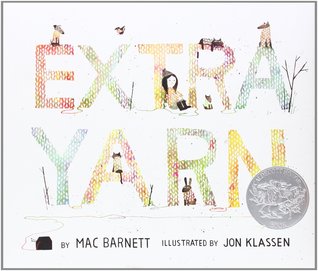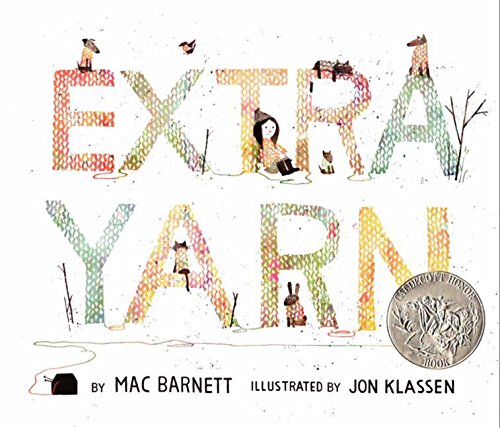This is part of a 3-part series. See also:
PYP inquiry picture books round-up, which includes learner attitudes and mindsets.
Sustainable Development Goals picture books round-up, which includes the global goals such as responsible production & consumption.
I’m continuing my picture book round-up today by drawing from my inquiry posts regarding learner identities, specific subjects, and social/emotional skills. I hope you can find some valuable new reads for your classroom, and I would love if you could share your own recommendations, too!
Being a Writer: Brave Jane Austen by Lisa Pliscou & Jen Corace; The Word Collector by Peter H. Reynolds
Being a Reader: A Child Of Books by Oliver Jeffers; How to Read A Story by Kate Messner & Mark Siegel
Being a Mathematician & Numbers inquiry (and other inquiry into large numbers): Infinity & Me by Gabi Swiatkowska & Kate Hosford; A Hundred Billion Trillion Stars by Seth Fishman & Isabel Greenberg; 1+1=5 by David LaRochelle, Brenda Sexton
Being a Scientist: tiny, perfect things by M. H. Clark & Madeline Kloepper; Me…Jane by Patrick McDonnell
Design in Nature, & Color: Black Book of Colors by Menena Cottin & Rosana Faria; Swirl by Swirl by Joyce Sidman & Beth Krommes
Music: The Unexpected Love Story of Alfred Fiddleduckling by Timothy Basil Ering & Drum Dream Girl by Margarita Engle & Rafael Lopez
Friendship & Bullying: The Invisible Boy by Trudy Ludwig; Each Kindness by Jacqueline Woodson & E.B. Lewis; One by Kathryn Otoshi



Each Kindness by Jacquelin Woodson
Feelings & Goal-Making: The Heart & the Bottle by Oliver Jeffers; We Found a Hat by Jon Klassen; The Rabbit Listened by Cori Doerrfeld; What Do You Do With An Idea by Kobi Yamada & Mae Besom
Stay tuned for one more of these compilations!
featured image: kushboo.jain


















































































